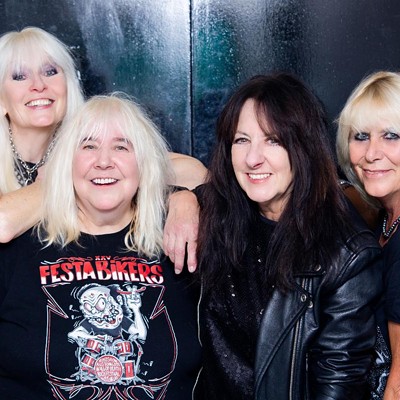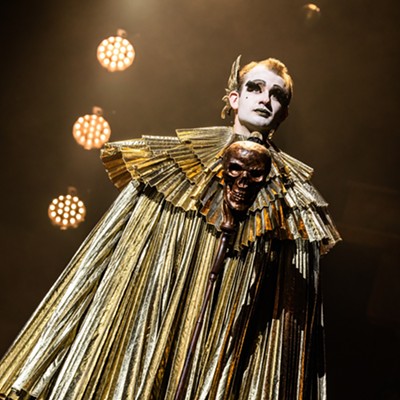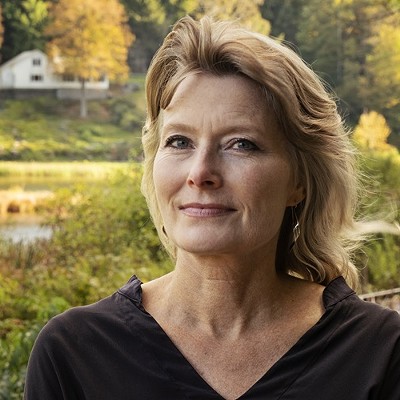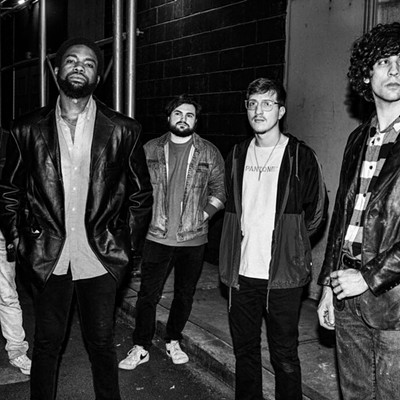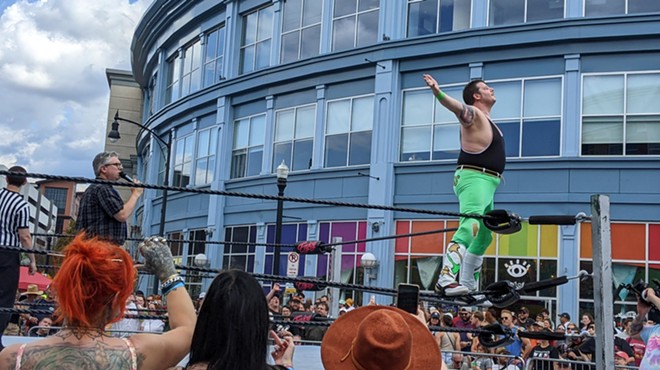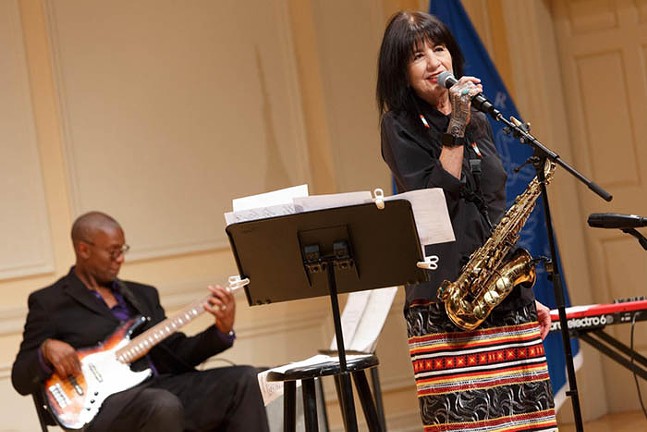
While speaking with Pittsburgh City Paper, Harjo notes that even the poems lacking geographic references are anchored by locations.
“I always say that I work horizontally,” says Harjo, who appears on Mon., March 27 as a guest of Pittsburgh Arts & Lectures’ Ten Evenings Series. “I’m not staying in one place and drilling down into a classical tradition. Instead, I travel and incorporate and pick up information and memories in different places.”
Harjo, who served three terms as U.S. poet laureate from 2019-2022, is a member of the Muscogee Tribe in Oklahoma. Her numerous honors include
a National Book Critics Circle Ivan Sandrof Lifetime Achievement Award; the Ruth Lily Prize for Lifetime Achievement from the Poetry Foundation; the Wallace Stevens Award from the Academy of American Poets; and a Guggenheim Fellowship.
Earlier this year, Harjo was awarded Yale University’s 2023 Bollingen Prize for American Poetry by judges Mei-mei Berssenbrugge, Natalie Diaz, and Ilya Kaminsky for her collection Wearing Sundown in a Scarlet Light: Fifty Poems for Fifty Years (National Geographic Books).
Many of Harjo’s poems in Wearing Sundown, such as "Rabbit is Up to Tricks" or "For Calling the Spirit Back from Wandering the Earth in its Human Feet," reflect the spirituality of her heritage and culture.
“I'm just writing about my particular Tribal nation, family, and experience,” Harjo says. “I think it works the same for everyone, whether you’re Native American or Jewish or anybody. I’m just working on what I know, culturally and socially.”
In addition to writing, Harjo also is a musician, having released seven albums. The connection between poetry and music, and even dance, is tangible, evident in how the forms intersect and have developed.
“I think when music came into the world, it came in with poetry and dance,” she says. “They all work together. If you study the poetry of nearly any culture in the world, you would find that poetry, dance, and music, at their deepest roots, are not separated.”
Since the COVID-19 outbreak subsided, Harjo has been ramping up her speaking schedule and will be traveling almost every week through June. Harjo thinks that while poems are alive in print, the oral tradition of literature is important.
“I remember going out doing my first performance after COVID and the whole audience, everybody, was talking about how it was the first time that they had been out,” Harjo says. “I think the bottom line is that we need human connection. Poetry is just a part of one of many things, but poetry is part of that.”
Pittsburgh Arts & Lectures presents Joy Harjo. 7:30 p.m. Mon., March 27. Carnegie Music Hall. 4400 Forbes Ave., Oakland. $10-18. Virtual option available. pittsburghlectures.org



